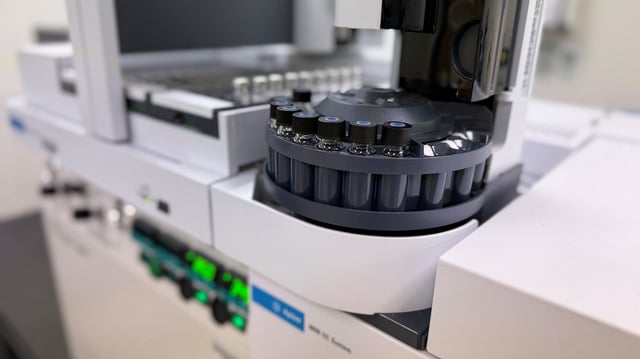Overview
- Researchers from UCLA, Texas Tech, and USADA conducted a year-long study testing beef, pork, and chicken from eight U.S. cities for growth-promoting agents.
- The study detected trace amounts of substances like ractopamine and trenbolone in some beef samples, but all levels were far below FDA-mandated maximum residue limits.
- Pork and chicken samples showed minimal to no residues, with the majority testing completely negative for prohibited substances.
- The findings, published in the journal *Drug Testing and Analysis*, confirm that typical meat consumption in the U.S. is unlikely to cause positive doping tests for athletes.
- The project will expand to include imported meat products, aiming to strengthen oversight and ensure compliance with safety standards globally.

